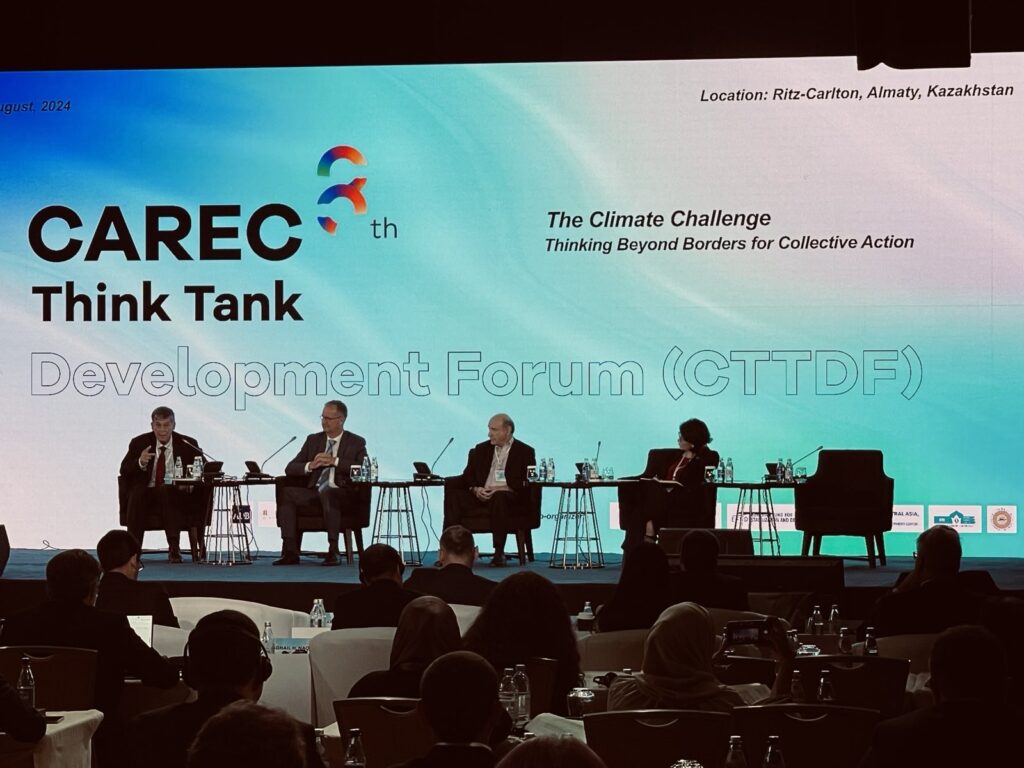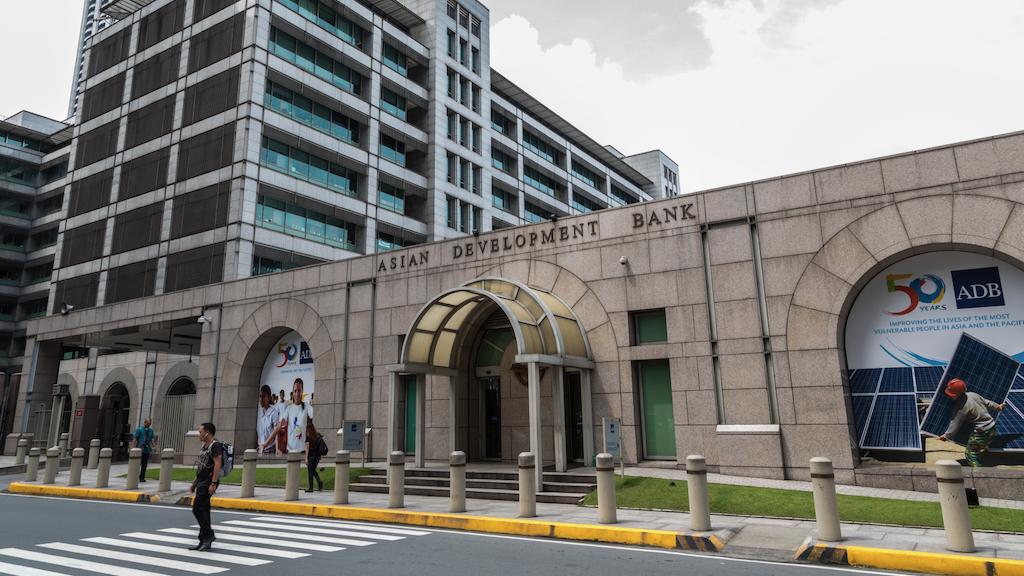Central Asian Economies to See Continued Growth in 2024 and 2025
The latest economic outlooks from the European Bank for Reconstruction and Development (EBRD) and Asian Development Bank (ADB) project continued economic growth in the five Central Asian countries in 2024 and 2025. According to the latest edition of the EBRD’s Regional Economic Prospects report, Kazakhstan’s economy will grow by 4% in 2024, with upside from public spending to restore flood-affected infrastructure and housing. The trade, transport, warehousing, services, and IT sectors were the main growth drivers for Kazakhstan in the first half of the year. The EBRD forecasts that in 2025, the country’s real GDP will likely grow by 5.5% amid the planned expansion of the Tengiz oil field. The Asian Development Bank’s (ADB) Asian Development Outlook (ADO) September 2024 projects 3.6% growth of Kazakhstan’s gross domestic product (GDP) this year, slightly lower than the bank’s previous forecast of 3.8% in April 2024. The reason is a weaker service expansion in the first half of the year, lower oil outputs, massive spring floods, and a slowdown in investment. ADB forecasts Kazakhstan’s economic growth to accelerate to 5.1% in 2025. The government of Kazakhstan anticipates the country’s economic growth at 5.6% in 2025. The EBRD report forecasts Kyrgyzstan’s GDP growth to reach 9% in 2024 before moderating slightly to 7% in 2025. The country’s growth potential stems from the expansion of tourism, investment in infrastructure, and gold exports. Both remittances and real wages have remained elevated, helping retail and wholesale trade grow. ADB projects 6.3% growth for Kyrgyzstan in 2024 and 5.8% in 2025. Kyrgyzstan’s Ministry of Economy forecasts economic growth of 6.3% in 2024 and 6% in 2025. Kyrgyzstan’s Minister of Economy, Daniyar Amangeldiev, has explained why the economic forecasts from international financial institutions sometimes differ from those of the Kyrgyz Ministry of Economy. According to Amangeldiev, the forecasts differ because international financial organizations often do not take into account specific measures and actions that the government plans, each of which would potentially impact the country’s economic growth. He added that international forecasts can be skeptical, based on data that may not reflect all the government's actions. According to the EBRD report, Tajikistan’s GDP growth is projected to reach 8% in 2024 and 7% in 2025. Hikes in public-sector salaries, pensions, and minimum wages drove domestic demand in the year's first half, boosting the retail and wholesale trade sectors. The resumption of precious and semi-precious metal exports increased public infrastructure spending, and fixed capital investment was a major growth factor. However, fluctuations in remittances from Tajik labor migrants working in Russia present a significant downside risk for the Tajik economy. ADB forecasts Tajikistan’s economy to grow 6.5% in 2024 and 2025. The EBRD report says Turkmenistan’s economy has shown stability in recent years, citing investment in public infrastructure projects, production facilities, and fixed capital investment as key growth factors. Launching a new single window for export-import operations has improved Turkmenistan’s customs efficiency and simplified transit procedures, enabling higher freight turnover. This has led to the expansion of the country’s transportation sector. The EBRD forecasts...



